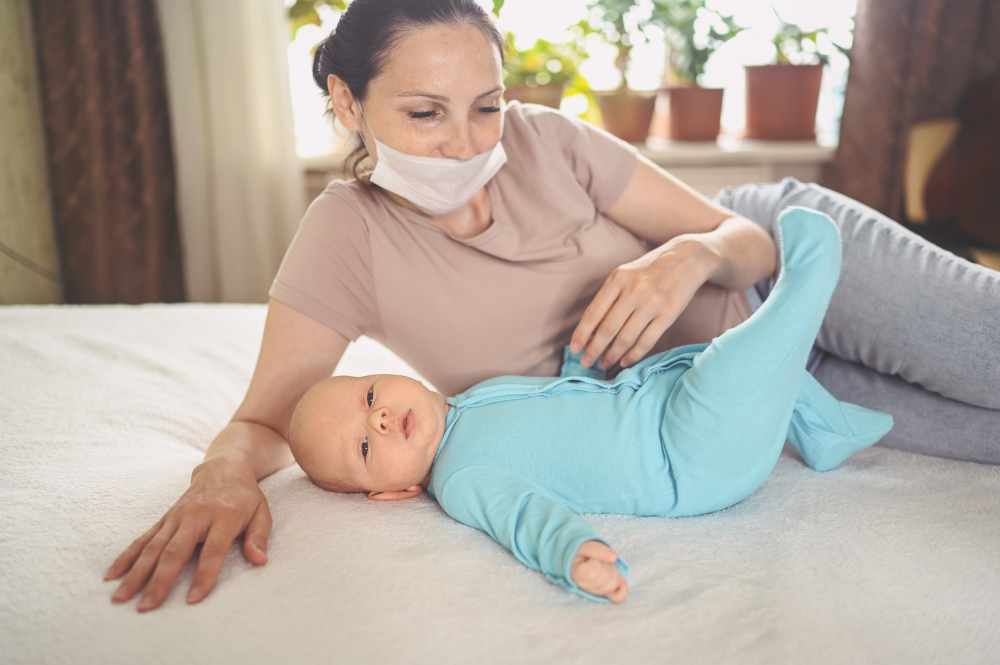Introduction:
Regular bathing is a cornerstone of a child’s hygiene routine, playing a pivotal role in their
overall health and well-being.
Beyond the surface-level cleanliness, there are profound scientific reasons and a plethora
of benefits associated with this daily ritual.
In this article, we delve into the importance of regular bathing for children, exploring the
scientific foundations and the numerous advantages it offers.
Scientific Reasons:
Skin Health:
Bathing helps maintain the skin’s natural balance by removing dirt, bacteria, and dead skin
cells.
Scientifically, this process prevents skin infections, irritations, and promotes optimal skin
health.
Thermoregulation:
Bathing aids in regulating body temperature, especially crucial for children.
Warm water enhances blood circulation, helping the body maintain a stable internal
temperature.
Immune System Boost:
Scientific studies highlight that regular bathing can stimulate the immune system.
Cleansing the skin reduces the load of harmful microbes, contributing to overall immune
system efficiency.
Benefits:
Prevention of Infections:
Regular bathing significantly reduces the risk of infections by eliminating germs and
bacteria that may accumulate on the skin.
This is crucial for children who are often exposed to various environments.
Improved Sleep Quality:
Scientifically, a warm bath before bedtime can enhance sleep quality.
The rise and subsequent fall in body temperature induce relaxation, promoting better
sleep patterns for children.
Enhanced Cognitive Development:
Bath time provides an opportunity for sensory exploration and cognitive development in
young children.
Scientifically, exposure to water and different textures during bathing can positively impact
brain development.
Emotional Well-being:
Bathing is not just a physical cleanse but also a sensory experience.
The warm water, soothing scents, and tactile sensations contribute to a child’s emotional
well-being, promoting a positive mindset.
Establishing Healthy Habits:
Regular bathing instills good hygiene habits early on.
Scientifically, routines play a crucial role in child development, and establishing healthy
habits from a young age contributes to a lifetime of well-being.
Conclusion:
In conclusion, the importance of regular bathing for children extends beyond cleanliness.
Scientifically supported, the ritual offers a myriad of benefits, ranging from improved skin
health to enhanced cognitive development.
As parents, caregivers, or educators, recognizing and implementing this simple yet
significant practice can contribute to the holistic well-being of our children, laying the
foundation for a healthy and happy life.











